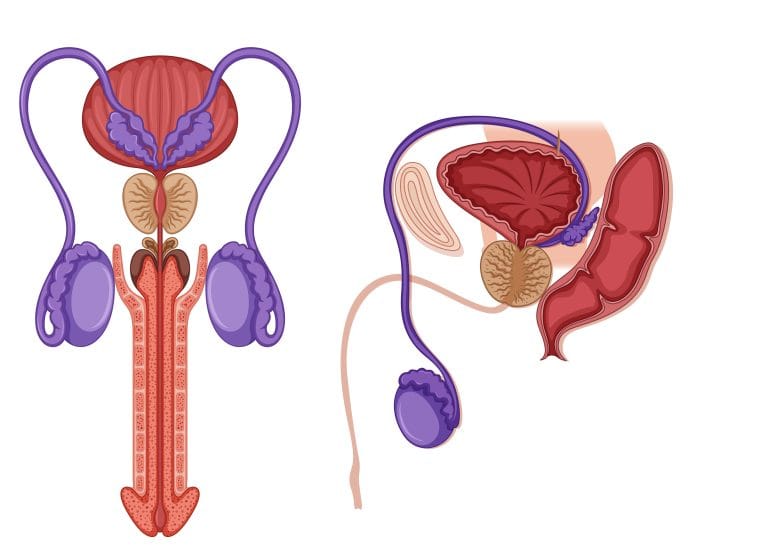Welcome to our online quiz on the male reproductive system! In this quiz, you’ll test your knowledge on the various parts and functions of the male reproductive system. From the testes to the vas deferens, we’ll cover it all in an engaging and interactive way.
So, if you’re ready to learn more about how the male body works to produce and deliver sperm, this quiz is for you! Get ready to dive into the world of male anatomy and see how much you really know about this important system in the human body. Let’s get started!
Play Male Reproductive System Quiz
Instructions
- This quiz is multiple choice.
- Read each question carefully before selecting an answer.
- Choose the best answer for each question.
- You will see the missed questions with correct answers at the end of the quiz.
Quick Facts
- The male reproductive system is responsible for creating new life.
- It includes organs like the testes, penis, and prostate gland.
- Sperm is produced in the testes and stored in the epididymis.
- During ejaculation, sperm travels through the vas deferens and mixes with fluids from the seminal vesicles and prostate gland.
- The urethra carries semen out of the body during ejaculation.
- The male reproductive system also produces hormones like testosterone.
- Regular check-ups with a doctor can help monitor the health of the male reproductive system.
- Issues like erectile dysfunction and infertility can affect the male reproductive system.
- Leading a healthy lifestyle, including exercise and a balanced diet, can help maintain the health of the male reproductive system.
- It’s important to practice safe sex to prevent sexually transmitted infections that can affect the male reproductive system.
Downloads
Study Tips
- Create a study schedule and stick to it.
- Find a quiet and comfortable study environment.
- Remove distractions such as phones and social media.
- Take breaks every 25-30 minutes to avoid burnout.
- Use active studying techniques like summarizing, highlighting, and teaching concepts to someone else.
- Practice retrieval by testing yourself with flashcards or practice quizzes.
- Stay organized with notes, study guides, and resources.
- Stay hydrated and eat brain-boosting foods like fruits, nuts, and whole grains.
- Get enough sleep to improve memory retention and cognitive function.
- Reward yourself for reaching study goals to stay motivated.
